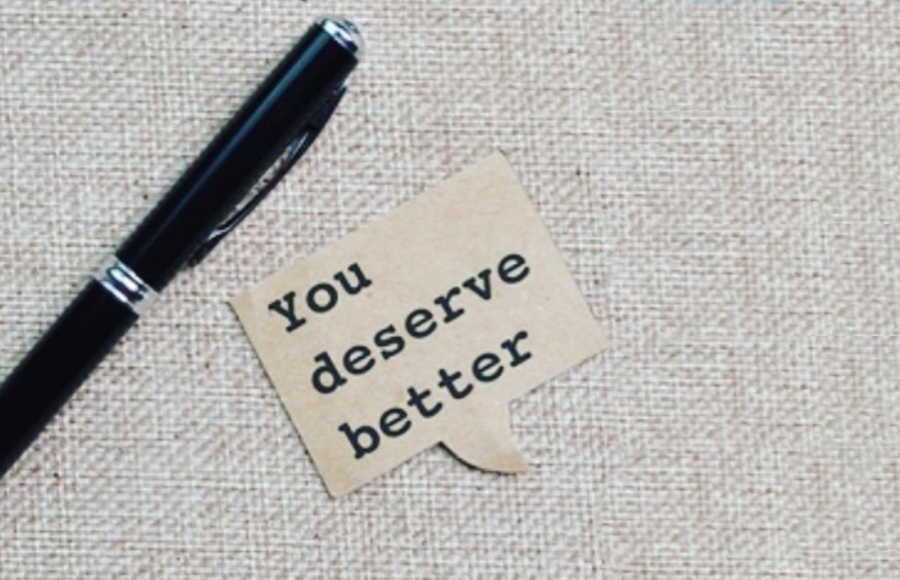
People entering the family law system deserve better…they just do.
People frequently come into the family law system at the worst time in their lives; they are often in crisis, with limited understanding of the complex and inaccessible processes, with limited resources and immense stress – fear and safety concerns, financial worry, helping their children cope as they try to cope, housing insecurity, loss of work or income, etc.
Being heartbroken, grief-stricken, angry, traumatized and re-traumatized by various systems that were meant to “help” through the separation and divorce, leaves most people more vulnerable and isolated. The systems have failed to connect the dots and provide comprehensive human-centred care.
As lawyers we are trained in the law really well…but learning how to work with human beings not so much…and how to support human beings in crisis rarely at all (unless you take an interest in doing so). That’s a problem.
The legal system is built on conflict-fueled battles, adversarial models that honestly don’t work for any particular practice area; however, for family law – where people are breaking up, where children will bear the generational scars, and where the effects will ripple out to various services, communities, and to society in general – we should be motivated to turn inward and challenge the way things have been done. We also need to face outward and really listen and take concrete action to change what is going wrong.
People having to enter the family law system deserve to:
- Be listened to
- Have their trauma and lived experiences acknowledged
- Be safe and protected
- Be in a system that is responsive and accessible
- Be in a system that is relational not transactional
- Be human and have their messy, complicated, challenging humanness inform us
- Be left better than worse
We have the potential to be so much better and to respond more deeply, with compassion, care, kindness, and a deep regard for the most human experience that most if not all of us will go through – a broken heart.

